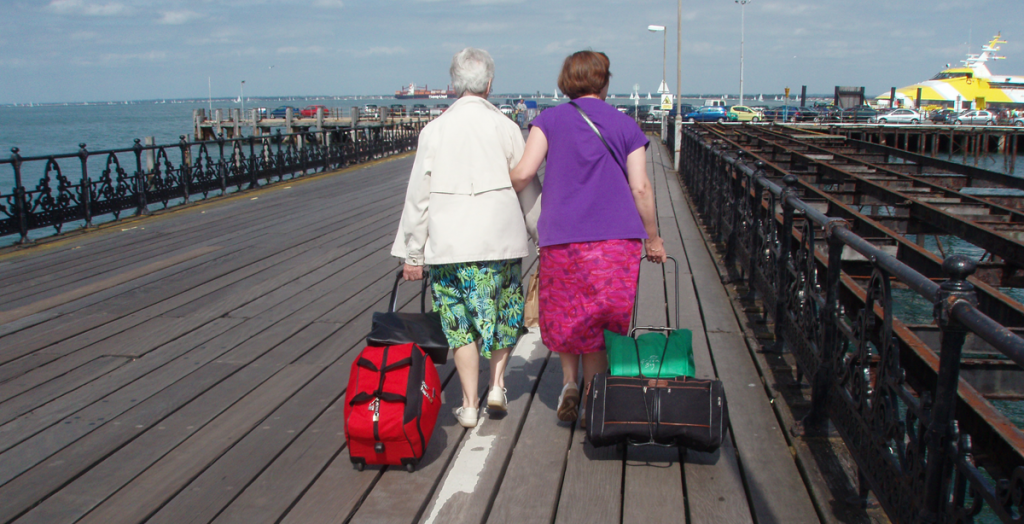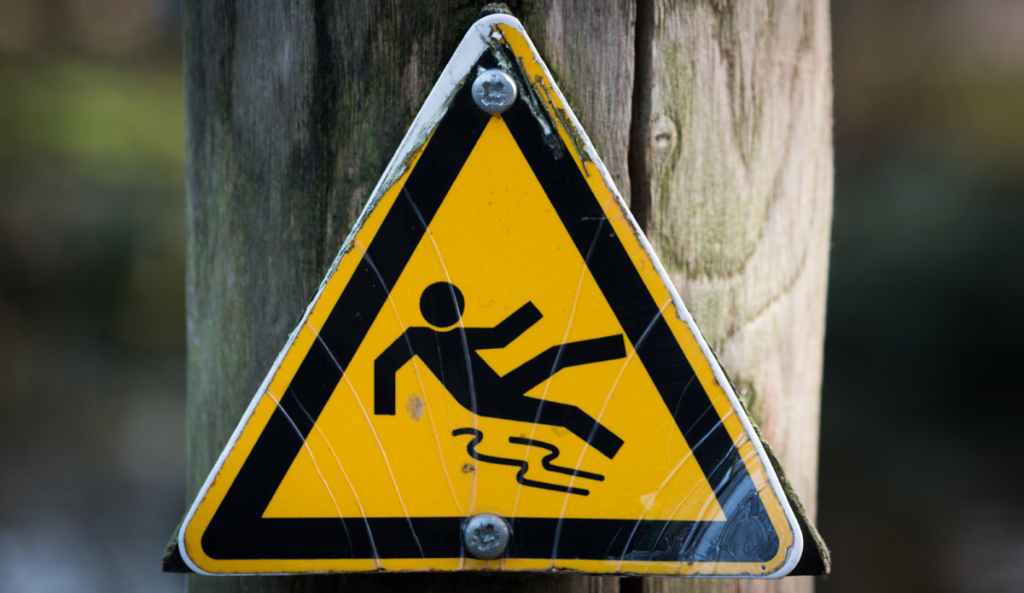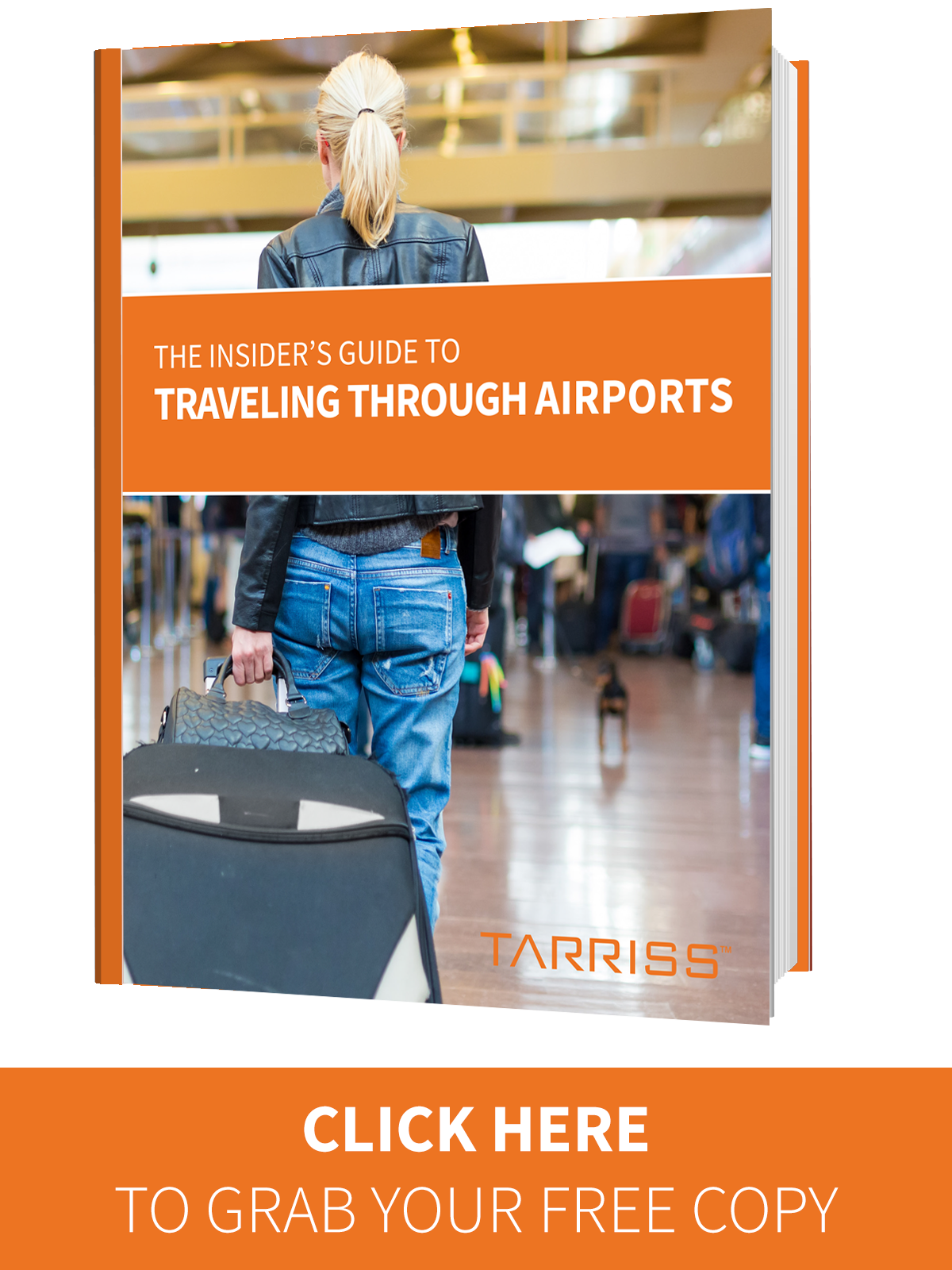What You Need to Know About Travel Insurance and When it’s Smart to Get it
August 11, 2015

Your European River cruise is canceled because rivers are flooded. Your parent is hospitalized after a stroke, and you must cancel your Peruvian tour. You break your leg while adventure traveling in a remote Brazilian jungle far away from medical help.
Travel Insurance typically covers such things as the cost of lost baggage and canceled flights; it may or may not pay for medical attention you may need while abroad. Travel Medical Insurance covers the costs of medical attention you may need while abroad. But do you really need it? You might—depending on how much you’ve invested in your trip, destination, age, finances, health, existing insurance coverage, and more.
How Much Money Have You Invested in Your Trip?
Have you paid thousands of dollars in advance for a cruise? Bought an expensive all-inclusive vacation package? In general, if you’ve invested around $5K or more on your trip, it might be worthwhile to ensure your trip against interruption or cancellation. Most travel plans cost between 4 and 8 percent of your total trip investment. So, for a trip worth $5K, expect to pay between $200 and $400 for your travel insurance.
A Note about Your Age and Health

Be realistic about your health and ability to travel. If you’re a senior and you get short of breath walking around the block, you know you shouldn’t go far from home, despite what’s on your bucket list–which may include scuba diving in Punta Cana or climbing Mount Everest. You know that you can barely climb a flight of stairs at home. Plan for a low-adventure trip domestically until you know you’re up for more.
You Might Buy Travel Insurance if…
You’re cruising or touring. Cruise lines and tourism companies have become more rigid in recent years about refunding or rebooking canceled trips. Travel plans can help you recover part or all of your money.
You leave your home country. You’re especially vulnerable if you travel to a remote area which may be far from medical help when you need it. A medical emergency that requires you be airlifted to help costs big bucks.
You’re an adventure traveler. Buying a travel plan might seem counterintuitive if you live on the edge and enjoy higher-risk activities like mountain climbing, skiing, scuba diving, zip lining, and motorcycling. But you might need one. And adventuring abroad is all the more reason to consider travel insurance.
You’re a senior. If your home country is the U.S., Medicare won’t cover you abroad. You might contact the American Association of Retired Persons for information about foreign medical care coverage with Medicare supplement plans.
Similarly, seniors living in Canada or the UK are not covered by national health care when traveling overseas.
You travel regularly, especially to international destinations. Travel insurance might be sensible for you. So would TSA Luggage Locks 
You have a low tolerance for risk. You trust no one…not even yourself sometimes. Buying travel insurance might help you relax and have more fun during travel.

You Might Not Bother With Travel Insurance if…
You have preexisting medical conditions. Some travel insurance policies will and some will not cover certain pre-existing conditions. Some policies will cover pre-existing conditions that are controlled. Talk to your agent and read your policy carefully for exclusions.
Your existing health insurance would cover the same event. You might carry health insurance on your own or through your job that would cover you internationally. Why pay for a duplicate policy? BE SURE that your existing policy covers both medical emergencies AND medical evacuations.
Your trip is inexpensive. For a trip worth less than $5K, you might play the odds.
You’re using frequent flyer miles for a portion of the trip. Check travel policies and see if you can get your miles back before you buy a travel policy.
Still on the fence? This sobering story may help you decide.
Travel Insurance Terms & Definitions

Buying insurance doesn’t lessen the chances of something bad happening to you on a trip, but at least you’ll be covered if something bad does happen– provided you buy an adequate policy with a reputable insurance company.
Below are common features of travel insurance policies. Depending on the carrier buy comprehensive policies or buy only what you need.
Named Perils Policy: Takes you off the hook if you need to cancel or interrupt your trip—provided your event is a “covered reason.” Read your policy for the list of covered reasons for cancellation or interruption. Some exclusions won’t count as “covered reasons.” A named perils policy is obligated to reimburse you 100 percent of your nonrefundable trip expenses.
Cancel For Any Reason: More expensive than a Named Perils policy, Cancel for Any Reason means the insurance company will reimburse you for the costs of your trip—for any reason. Since insurance companies can be arbitrary, read the fine print of your policy for exclusions.
Medical Evacuation and Repatriation: Even if you have existing medical insurance at home, you might need this. Evacuation insurance pays to transport you to a place where you can get medical treatment (which may be a long, expensive trip costing tens of thousands and up).
For a policy that will transport you from a jungle in South America to your home in Winnipeg, medical repatriation service might only be covered if the insurance company deems it “medically necessary.”
Adventure travelers, this means you—skydiving or downhill skiing might be considered too high risk by the insurer and excluded. Ask your agent what is covered. Don’t sign anything until you get something in writing that says exactly what is covered. You might be able to buy separate coverage for sporting activities.
Pre-Existing Conditions: Many pre-existing conditions are covered when you buy medical and trip-cancellation policies. Read the fine print before you decide.
Baggage & Personal Item Insurance: Protect bags or personal items that are lost, stolen or damaged at any time during your trip (not just in flight). Read the fine print. Many companies cap payouts for items such as jewelry, electronics, and others. Checked baggage should be covered by your airline, but ask to be sure. Your homeowner’s or renter’s insurance may cover baggage, so check before you buy.
Accidental Death or Dismemberment: A cash payout for accidental loss of life or limb.
Flight insurance: “Plane crash coverage”—like a life insurance policy—is probably a waste of money considering the rare event of a crash.
Collision Coverage: Buy if you plan on renting a car. This insurance is sometimes included in comprehensive travel policies or you can buy it as an upgrade.
Trip-Cancellation or Interruption: Trip cancellation means you don’t go on the trip at all. Trip interruption means you go on the trip but it’s cut short for some reason (and only the leg of the trip that you miss is reimbursed). Good to have for cruising and organized tours. Read the fine print for exclusions. Certain airlines or touring companies are excluded.
Emergency Medical Insurance: ***If you live in the U.S. and are covered by Medicare, you are not covered overseas.
Travelers with existing health insurance coverage that excludes medical care overseas can buy an extra policy for the trip. Look for supplemental policies that don’t duplicate your existing coverage. You might be overseas and need an emergency procedure, in which case the medical provider would work with your travel insurance provider on billing. You may be required to pay for services abroad up front and then be repaid by your existing health plan when you get home. Always save documentation from any medical services rendered abroad. Contact your health insurance provider at home to report any medical treatment you’ve gotten while abroad.
Check with the US State Department for warnings about traveling to higher-risk destinations. Your cancellation and medical insurance policies may not be honored in those places. You may be able to buy supplemental coverage for higher-risk destinations.
The Travel Insurance Industry is Fiercely Competitive

Research and get the best buy. Think of “worse-case scenarios,” and ask your insurance agent if you’ll be covered.
Not All Policies Buy You the Same Amount of Insurance
Beware of too-good-to-be-true cheap policies, which may buy you too little insurance or even worthless insurance. Imagine getting reimbursed $5K for $25K worth of services. Talk about a false sense of security.
Consult an online company that specializes in comparing and evaluating insurance policies, such as Squaremouth or InsureMyTrip.com where you can read consumer ratings on travel insurance policies you’re considering.
Questions To Ask an Insurance Agent
- Does policy cover emergency expenses abroad such as returning me to my home country for treatment if I become seriously ill?
- Does policy include high-risk activities (mountain climbing, scuba diving, motorcycling, etc.)?
- Does policy cover pre-existing conditions?
- Does the policy require pre-authorization or second opinions before emergency treatment can begin?
- Does the policy guarantee medical payments abroad?
- Will the insurance pay foreign hospitals/providers directly?
- Does the insurance company have a 24-hour physician-backed support center?
Remember: bad things can happen if you just stay home, too, so don’t forego your trip out of fear. Determine your needs, compare policies, talk to a qualified insurance agent, and get peace of mind.
Written by Katie Anton
+Recent Articles
-
12 Awesome Travel Accessories for the Aging Traveler
January 15, 2020
-
14 Travel Gift Ideas for the ‘Hard to Buy For’ Traveler
November 26, 2019
-
25 Travel Tips to Survive Holiday Travel
November 18, 2019
-
10 Things You Must Include When Packing for a Weekend in Las Vegas
October 09, 2019
-
15 Awesome Stocking Stuffers That Any Traveler Would Love
November 28, 2018
-
10 Gifts to Get the Safety Conscious Traveler
November 21, 2018
-
How to Overcome Flying Anxiety [Infographic]
August 08, 2018
-
Know Before You Go – Top Airlines Weights & Rates for Baggage Fees
May 01, 2018
-
Why Your Luggage Scale Reading May Differ From the Airline Scales
July 11, 2017
-
What Travelers Should Know About Entering the United States
May 16, 2017


